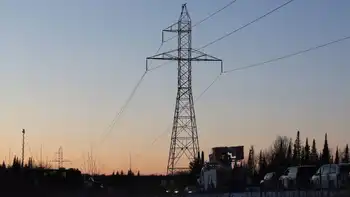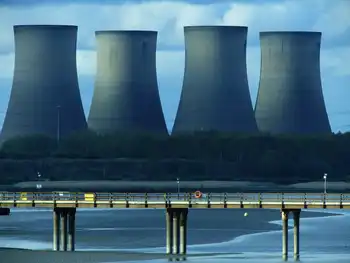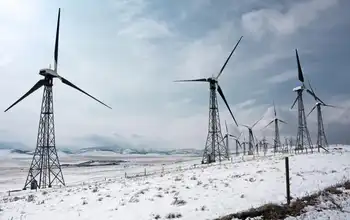Workers protest to keep Bulgaria's nuke plants going
The World Council of Nuclear Workers held a 300 kilometre-long (186-mile-long) relay run by workers from countries such as Spain, France, Germany, Sweden and Romania.
The runners left from Pleven in northern Bulgaria and will pass through Kozloduy on their way to the capital Sofia, where the run came to an end in front of the national parliament, Andre Maiesseau, the president of the group, told AFP.
"There is nothing wrong with the reactors. They can function for a long time in accordance with the rules we follow here in Europe and in the United States," he said.
The European Union has insisted that Bulgaria shut down two Soviet-era 440-megawatt reactors at Kozloduy by 2006 for security reasons.
The Kozloduy plant in 2002 already shut down two older Soviet-era 440-megawatt reactors under pressure from the EU, which Bulgaria hopes to join in 2007.
The two reactors to be shut down were recently given a good bill of health by the UN nuclear watchdog, the International Atomic Energy Agency, but Brussels stood firm that they should be closed down.
The Kozloduy plant, which is situated on the banks of the Danube, has two other more modern 1,000-megawatt reactors that do not raise any concerns.
The facility provides 47 percent of Bulgaria's electricity and there are fears that electricity prices will rise once its output is diminished.
"There are no technical or economic reasons for not keeping these reactors in service. There are only political reasons and we have had enough of nuclear power being taken hostage by political squabbles," Maiesseau said.
Related News

Opinion: Cleaning Up Ontario's Hydro Mess - Ford government needs to scrap the Fair Hydro Plan and review all options
TORONTO - By Mark Winfield
While the troubled Site C and Muskrat Falls hydroelectric dam projects in B.C. and Newfoundland and Labrador have drawn a great deal of national attention over the past few months, Ontario has quietly been having a hydro crisis of its own.
One of the central promises in the 2018 platform of the Ontario Progressive Conservative party was to “clean up the hydro mess.” There certainly is a mess, with the costs of subsidies taken from general provincial revenues to artificially lower hydro rates nearing $7 billion annually. That is a level approaching the province’s total pre-COVID-19 annual…





